|
by Rana Asfour 'The Abu Dhabi Writers' Workshop' marked its one-year anniversary last week with cake and huge cheers during its weekly evening meet-up in Labrioche Cafe, Khalifa City in Abu Dhabi. The free workshop, which meets weekly, is the brainchild of London-born writer and accredited writing coach Janet Olearski, and has in its first year alone amassed a following of over 700 members online. For the past year, the workshop has not only come to represent a source of creative inspiration for BookFabulous, but on a personal level it has turned out to be a place for blossoming friendships and a learning curve with regards to different cultures as people of different nationalities join up because of a shared passion for the written word. I look back with fondness at my first evening at the workshop. I probably spent more time in the café’s parking lot than I did at the actual workshop deliberating in my car for a good 30 minutes whether it was for someone like me; someone who had for the past twenty years done most of her writing within the solitary comforting confines of a tucked away desk, earplugs in place, oblivious to the outside world. How on earth would I be able to produce anything imaginative and creative amidst a room full of strangers? Why was I doing this I asked myself? What was I hoping to gain? I did, after 30 minutes, make it out of the car. All that remained was to walk up the few steps that led into the place, ask for Janet’s table and proceed with the formality of introducing myself. However, I still couldn’t get myself to do it and lingered for a few minutes more by the entrance to give this further thought. It was crazy. I was a writer, with years of writing under my belt. What was I so afraid of? Here’s the thing: When it comes to blogging as much as there appears to be a lot of accessible public writing going on, it nonetheless is an out of sight, concealed act. In general, you post a blog entry. You wait – indefinitely - for comments. If and when they come, the good with the bad, you are pleased. When one or two comments are more scathing than usual, it hurts but not that much. End of the day there is a kind of detachment from the authors of the comments. They are anonymous entities born of the digital world, floating in a vast invisible and remote space inside the computer. But joining a workshop is not only putting you face-to-face with other writers but it also means you’ll be expected to deal with face-to-face criticism as well. I’d been a book reviewer for a few years now, how ready was I to expose my ‘imperfections’ and be at the receiving end of the critique? I now truly believe that at some point in this internal discourse, a heightened awareness of the drama with which I was approaching the situation kicked in proving to be the deciding factor. What better place, I argued with myself, than a creative writers’ workshop as an outlet for my never-ending internal dialogues such as the one taking place at that moment? With that thought I pushed open the café doors and the rest as they say is history. Nearly a year later, I am still there. Many of the members who started out have now been published (see Here & Here & Here) or are in the process of publishing their work. My writing has gone from strength to strength and I’ve managed to finish a few short stories, in large thanks to Janet’s insightful mentoring as well as the constructive feedback, encouragement and support of the workshop members. Being part of this group has helped me learn so much about myself as well as about my writing. Although the Abu Dhabi Writers’ Workshop is a casual social meet-up of writers, it is also, all about seriousness when it comes to the craft of creative writing. The meet-ups centre around fiction writing, are well organised and follow a pre-planned format (devised by organiser Janet) so that it is clear from the start how the evening is going to proceed. The feedback is constructive, not harsh, aimed first and foremost at drawing the best out of the participants. The workshop is proving a great opportunity for networking and learning about the nuances of the publishing industry as well as a great place to pick up reading recommendations (see below), find out about writing resources as well as book festivals and competitions. So, if you’re thinking of joining a writers’ group my advice is this: Go for it! Because no matter how natural writing may feel to you and no matter how good you think you are at it, there is always room for improvement. A workshop can help you get the most out of a natural talent by opening up your mind to new and varied tips and techniques through interacting with a built-in community of people who, like you, love writing and are eager to improve their craft as well as offer you advice on yours. They do say that writing is a solitary act, but who wouldn’t want to spend the time hanging out with creative buddies too? ‘You can, you should, and if you’re brave enough to start, you will’
― Stephen King, ‘On Writing: A Memoir of the Craft’ In a writing group already? Let BookFabulous know all about it by posting in the comments section!
0 Comments
To register click HERE
Canadian novelist and poet Margaret Atwood has won the PEN Pinter Prize for her work championing environmental causes. She will receive her award at a public event at the British Library on the evening of Thursday 13 October, where she will deliver an address.
The award announced this week was established in 2009 in memory of Nobel Prize-winning playwright Harold Pinter. It goes jointly to a British, Irish or Commonwealth writer seen as sharing Pinter's "unflinching, unswerving" social gaze and to an international writer who has faced persecution. The judges praised Atwood as a ‘consistent supporter of political causes’, adding ‘her work championing environmental concerns comes well within the scope of human rights … she is a very important figure in terms of the principles of PEN and of Harold Pinter’. Pinter's widow, Antonia Fraser, said he had admired Atwood "as a writer, a campaigner and a person." Atwood, whose novels include 'MaddAddam' and 'Oryx and Crake' said she was honoured to receive an award named for Pinter, who wrote the screenplay for an adaptation of her dystopian novel 'The Handmaid's Tale'. As well as delivering the address at the British Library event in October, Margaret Atwood will announce her co-winner, the 2016 International Writer of Courage, selected from a shortlist of international cases supported by English PEN. The recipient will be an international writer who is active in defence of freedom of expression, often at great risk to their own safety and liberty. The 2015 PEN Pinter Prize was awarded to James Fenton, who shared the prize with Raif Badawi as the International Writer of Courage. A limited edition booklet of Margaret Atwood’s British Library address will be published by Faber & Faber and available to the audience at the event. Tickets will be on sale soon via the British Library website. The Emirates Novel Award & Twofour54 call for submissions to third Novelist Training Programme13/6/2016 • Organised by the Emirates Novel Award in partnership with twofour54 • Submissions deadline is 30 June and workshops commence in July • The programme offers 20 Emiratis the opportunity to be trained by leading Arab novelists Abu Dhabi, UAE – 12 June 2016: The Emirates Novel Award, an initiative powered by twofour54, today announced opening the door for submissions to its third Novelist Programme training cycle which aims at attracting and developing aspiring novelists and honing their skills in writing creative and fantasy novels and literature. The deadline for accepting submissions is 30 June and the programme’s workshops will commence in July. The Novelists Programme provides 20 Emiratis training opportunities to learn about professional novel writing techniques with renowned Arab novelists who will share with them tips and guidelines on how to write engaging novels that match the expectations of Arab and local readers. Workshops of the Novelist Programme will be held in Arabic at #thelab at twofour54, 2-3 days a month over a period of eight months. Maryam Al Mheiri, Acting CEO of twofour54, commented: “Nurturing Emirati talent and developing their skills is one of our core objectives at twofour54. We aim to create an environment that contributes to polishing their skills and enhancing their abilities through launching different initiatives and projects that support this objective. The Novelist Programme fits perfectly with our talent development efforts as it offers training opportunities to creative Emirati talent and connects them with top experts in the creative industry.” Jamal Al Shehhi, Secretary General of the Emirates Novel Award, added: “I would like to encourage talented writers and those interested in writing novels to participate in this cycle and enrich the local literature scene with their creative contributions. The Novelist Programme is open for all UAE citizens in all age groups who are looking for opportunities to develop their writing skills and reaching different audiences across the globe. Upon successful completion of the programme, participants will be able to publish their novels and submit them for a chance to win the prestigious Emirates Novel Award.” A number of illustrators who are members of twofour54’s creative lab will participate in designing creative and attractive book covers for the published novels. The Programme’s trainees will have their biographies published on creative lab’s interactive online platform which allows members to showcase their projects, search for collaboration opportunities, and share their experiences with talent agencies and the wider audience. Selected participants will be chosen by a dedicated jury based on their writing abilities and their commitment to the programme and will be announced in early July. Participation fee is AED 500 for the duration of eight months. Interested individuals can submit their applications via e-mail at: [email protected]. The Emirates Novel Award and twofour54 will hold a graduation ceremony for the novelists at #thelab upon completion of the programme. Source: press release
The Book Festival is on: 13-29 August 2016 Tickets go on sale: 8.30am Tuesday 21 June Over 800 writers, poets, illustrators, politicians, journalists, historians, scientists, philosophers and playwrights from 55 countries will come together to energise, inspire and stimulate debate in Charlotte Square Gardens in Edinburgh, in August. Entrance to the gardens is free. In a press release, Nick Barley, Director of the Edinburgh International Book Festival, said 'You could say that the theme of this year’s Festival is ‘Project No Fear’. It’s about encouraging and celebrating the sort of courageous, positive, creative thinking that we desperately need in order to make the world a better place for everyone, rather than just for a privileged few. Novelists, journalists, scientists and poets – writers are the people we always turn to at a time when we need to imagine better. We welcome legendary novelists, prize-winning journalists and life-changing poets, as well as emerging talents whose unforgettable stories will revolutionise our future thinking. All in all, it’s a Festival bursting at the seams with big ideas.' Bestselling American author, Jonathan Safran Foer travels to Edinburgh to launch his new book, 'Here I am', his first novel in over a decade. Han Kang, author of 'The Vegetarian' and winner of the 2016 Man Booker International Prize, is joined by her translator, Deborah Smith, to discuss the key role of translation in bringing international fiction to an English-speaking audience. Doyenne of historical fiction Philippa Gregory introduces her new Tudor novel; Eimear McBride launches the follow-up to her award-winning 'A Girl is a Half Formed Thing' and Prue Leith gives a glimpse into the second in her 'Food of Love' series. Scottish actor Alan Cumming, comedian Stewart Lee and survival expert Ray Mears also offer sneak previews of their brand new books. Former Prime Minister Gordon Brown addresses globalisation and the new populism; Mark Thompson, formerly the Director General of the BBC, launches his argument on why the internet and 24 hour news has failed to lead to better democracy; leading German historian Jürgen Osterhammel brings his panoramic history of the 19th century and young Edinburgh entrepreneur Fraser Doherty introduces his guide to setting up a successful business in 48 hours.
The Book Festival continues to champion new talent and its annual First Book Award, now in its seventh year, features 44 debut novelists and short story writers. There are novels translated into English for the first time from internationally renowned authors including György Spiró, one of Hungary’s most prominent literary figures, Lena Andersson, one of Sweden’s sharpest contemporary analysts, and Agustín Fernández Mallo, a writer and physicist whose novel Nocilla Dream spawned the Nocilla Generation of Spanish authors. The list also includes some exceptional home-grown talent including Kate Tempest, James Yorkston, Lorna Gibb, Frank Gardner, Harry Parker and Dorothy Alexander. The winner of the First Book Award is voted for by readers and visitors to the Book Festival and announced in October. Full details of the programme can be found at www.edbookfest.co.uk. Tickets to all events go on sale at 8.30am on Tuesday 21 June 2016, online at www.edbookfest.co.uk, by phone on 0845 373 5888 or in person at the Box Office at the Roxburghe Hotel on George Street (on Tuesday 21 June only, thereafter at The Hub, Castlehill). Today, June 8, Irish author Lisa McInerney was announced the winner of the 2016 Baileys Women’s Prize for Fiction for her debut novel The Glorious Heresies. The announcement was made at the Clore Ballroom, Southbank Centre, London.
Chair of Judges, Margaret Mountford, presented Lisa with the £30,000 prize and the ‘Bessie’, a limited edition bronze figurine. Margaret Mountford, Chair of Judges, commented: “After a passionate discussion around a very strong shortlist, we chose Lisa McInerney’s 'The Glorious Heresies', a superbly original, compassionate novel that delivers insights into the very darkest of lives through humour and skilful storytelling. A fresh new voice and a wonderful winner.” About the book: 'He was definitely dead, whoever he was. He wore a once-black jumper and a pair of shiny tracksuit bottoms. The back of his head was cracked and his hair matted, but it had been foxy before that. A tall man, a skinny rake, another string of piss, now departed. She hadn't gotten a look at his face before she flaked him with the Holy Stone and she couldn't bring herself to turn him over.' One messy murder affects the lives of five misfits who exist on the fringes of Ireland's post-crash society. Ryan is a fifteen-year-old drug dealer desperate not to turn out like his alcoholic father Tony, whose obsession with his unhinged next-door neighbour threatens to ruin him and his family. Georgie is a prostitute whose willingness to feign a religious conversion has dangerous repercussions, while Maureen, the accidental murderer, has returned to Cork after forty years in exile to discover that Jimmy, the son she was forced to give up years before, has grown into the most fearsome gangster in the city. In seeking atonement for the murder and a multitude of other perceived sins, Maureen threatens to destroy everything her son has worked so hard for, while her actions risk bringing the intertwined lives of the Irish underworld into the spotlight . . . Biting, moving and darkly funny, The Glorious Heresies explores salvation, shame and the legacy of Ireland's twentieth-century attitudes to sex and family. For more on the book and interviews, click HERE. UAE's Ramadan 'Reading Nation' Campaign To Provide Five Million Books to Children Around The World8/6/2016 by Rana Asfour The 'Reading Nation', a Ramadan campaign launched by HH Mohammed Bin Rashid Al Maktoum, Vice-President and Prime Minister of the UAE and Ruler of Dubai, as part of his Highness's Global Initiatives aims to secure books for children around the world particularly those living in refugee camps as well as those attending schools in need around the world. Marking its launch with the start of Ramadan, the initiative aims to deliver five million books from the UAE to the world. Out of the total 5 million books, the initiative will provide one million books to support educational charity programmes that are carried out abroad by UAE humanitarian organisations, two million books to be donated to refugee camps and another two million books for the construction and equipment of 2000 libraries in needy schools around the world. According to the initiative's website (in English and Arabic) the campaign 'is yet another initiative through which the UAE expresses its passion for serving humanity. It represents the UAE’s transition from feeding the hungry and quenching thirst, to nurturing the mind and the soul during the holy month of Ramadan'. His Highness Sheikh Mohammed wrote yesterday on his twitter account: The fastest way to end poverty is to eliminate ignorance. We plan to move from feeding the hungry to nurturing minds' Business leaders and public and private institutions were invited to join the campaign, which Sheikh Mohammed described as a “shining beacon of hope from the UAE". According to the UAE's 'National' newspaper, institutions were provided with five packages and can donate between Dh500,000 and Dh10 million to Abu Dhabi Islamic Bank, Dubai Islamic Bank, Sharjah Islamic Bank and Emirates Islamic Bank. For every Dh10 donation, a book is given to the cause. Meanwhile, donation platforms were set up in malls, including Mirdif City Centre, Festival City, Sharjah Mega Mall, Dubai Marina Mall and Dubai Mall. Residents can also donate to the campaign by texting the word “read" to one of four text numbers. The donation amount for the text number 9030 is Dh30; 9090 is Dh90; 9300 is Dh300; and 9900 is Dh900, which will allow for the donation of 90 books. The campaign ends on the 19th day of Ramadan. For more on how to donate click HERE. by Rana Asfour Winner of the Stella Prize and the Best Fiction and Overall Book of the Year at the Independent Bookseller Awards - Shortlisted for the Victorian Premier's Literary Award - Longlisted for the Miles Franklin Literary Award Two women, Verla and Yolanda, strangers to each other, wake up in a strange place, in clothes not their own with no knowledge of how or why or who has done this to them. It is clear to both of them that they have been abducted and as they slowly resurface from their drugged state are able to discern that they are being held in some kind of abandoned farm.
And they are not alone. They are soon to join eight other girls who have suffered the same fate. Of varying ages, these women who are quickly able to identify each other realise they have one thing in common: they have all been involved in a public sexual scandal of one kind or other in the outside world and have told about it. It is Summer and the place, somewhere in the Australian outback, is suffocating with its heat. Locked up in unaired 'dogboxes', with heads shaved, the girls suffer the sweltering heat by being forced to wear a stiff long green canvas smock, a coarse calico blouse beneath, hard brown leather boots and long woollen socks and ancient underwear. They are forced into back breaking manual labour, denied all basic forms of hygiene. The ten prisoners are under the guard of two abrasive, cruel and 'pathetic' men, Boncer and Teddy and the repulsive, slightly mad, make-shift nurse, Nancy. The theme for the story, although sounds surreal is actually inspired by something the author had once read about. In an interview with the Stella Prize Award, Charlotte Wood had this to say: 'I heard a radio documentary about the Hay Institution for Girls, a brutal prison in rural New South Wales (NSW), where ten teenage girls were drugged and taken from the Parramatta Girls’ Home in the 1960s. One of the reasons many of the girls were in the Parramatta and Hay homes was that they had been sexually assaulted – at home, or wherever, and had told someone about it. It was this – speaking about what had happened to them – that got many of them sent there. They were deemed to be promiscuous and ‘in moral danger’. This seemed to me to be the worst thing: that their ‘crime’ was that they had spoken up about being abused'. She adds: 'I began noticing that this punishing attitude was not something belonging only to the past, because things kept happening in the contemporary world around me that showed those views were not historical. The punishment of women for being sexual, and for speaking up, happens all the time. I started imagining some girls who find themselves in this remote place as punishment for some kind of sexual scandal with a powerful man'. This is not a quick read or an easy one or a comfortable one at all. Although mired in modern realism this is a novel that holds up a terrifying present in which women are blamed for the violence that happens to them, and one in which unless a woman conforms to what society in general, aided by the media, define 'femaleness' to be then she is to face being 'disappeared'. The novel's setting is grim and the reading experience creates a sense of claustrophobic isolation. Although devoid of hardly any graphic violence it is nonetheless one of the most violently sexual books out there at the moment. And then there is the novel's underlying anger, unvocalised perhaps, but there all along, just as there remains the conscious awareness of a fully charged electric fence surrounding 'the compound'. And although with the seasons dragging on, the prisoners stop hearing the low hum the electricity creates as it courses through the wires, it doesn't mean that it's not there. It is as if the writer wants you to remember that, even through the briefest displays of kindness and small victories, the anger must remain with nothing allowed to deter from the cruelty and injustice of the prisoners' situation. Anger is defiance and ultimately when we see all emotions squashed one after the other, anger becomes the prisoners' and readers' only hope! That said, there is - surprisingly - tremendous beauty and empowerment in the book; beauty in the language and in the descriptions of the natural surroundings of the prison grounds. And when a justice of sorts finally comes in the end, there is a twisted sense of unsatisfied violence, further proof of how savage and revolting a pacifist such as myself - a human - can be. |
Archives
March 2021
|


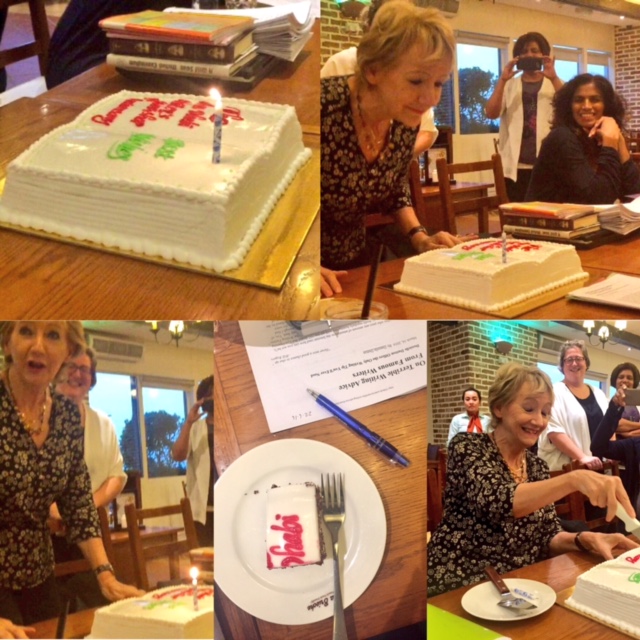
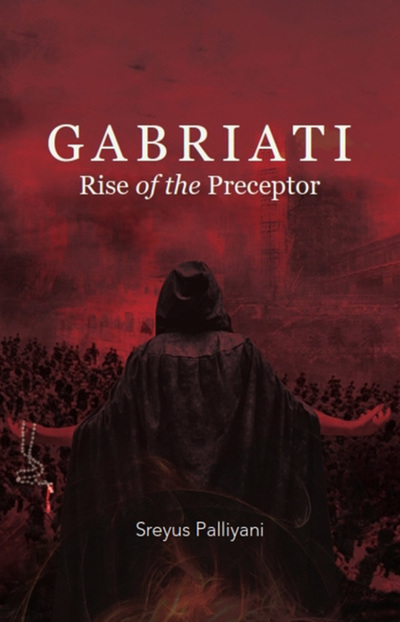
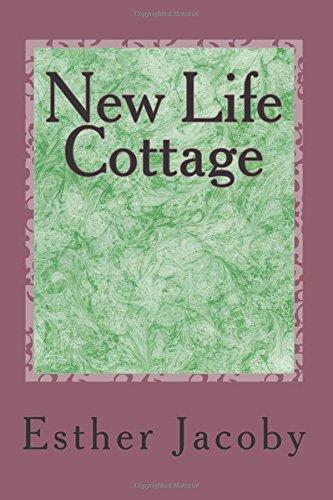
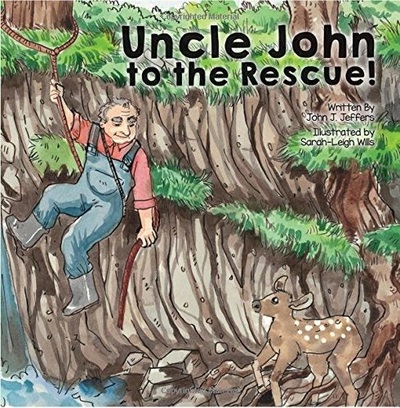
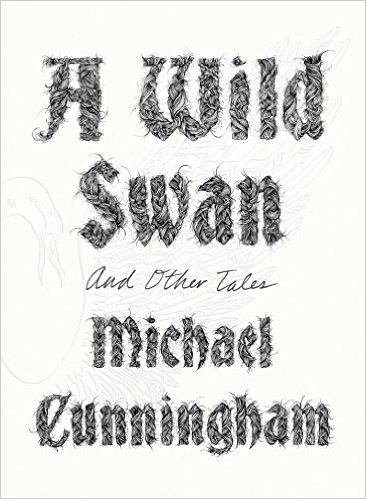
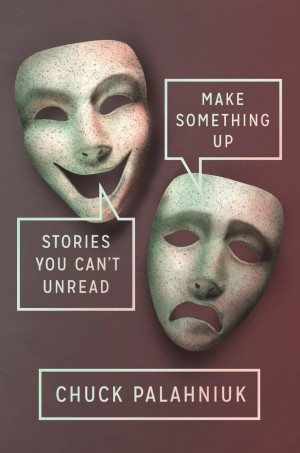
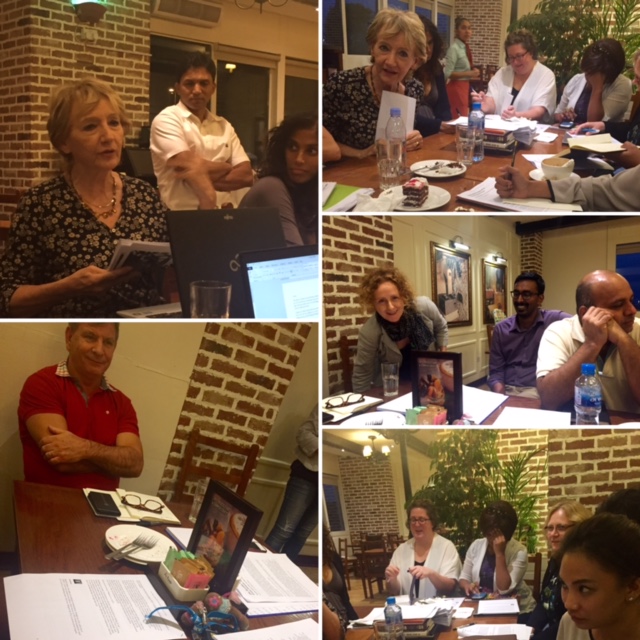
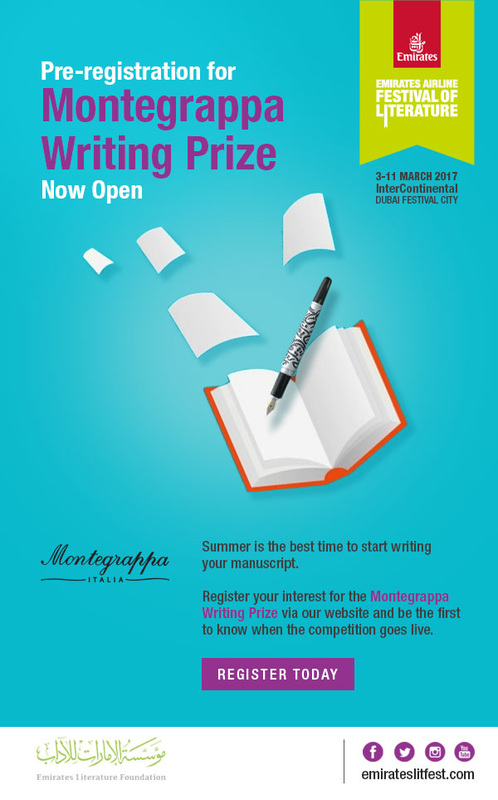
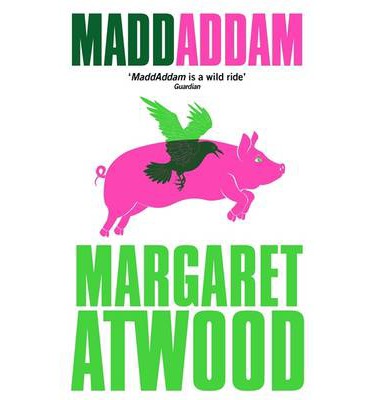
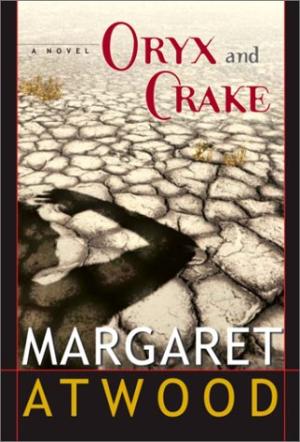
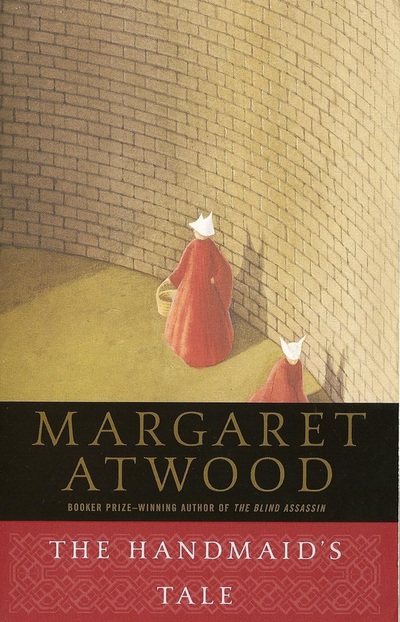

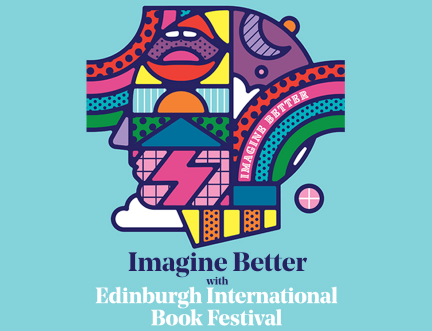
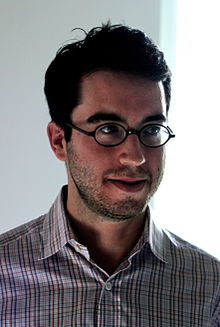
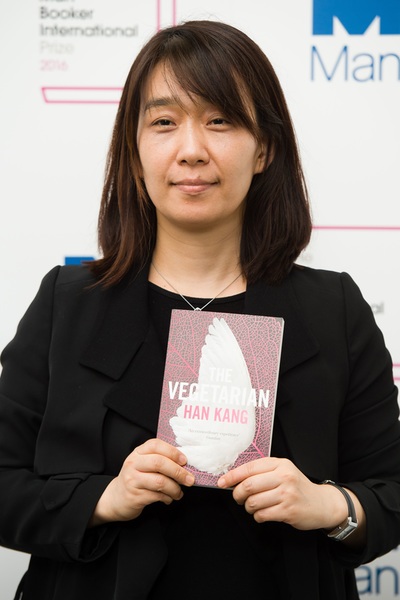
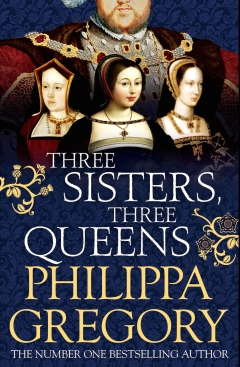
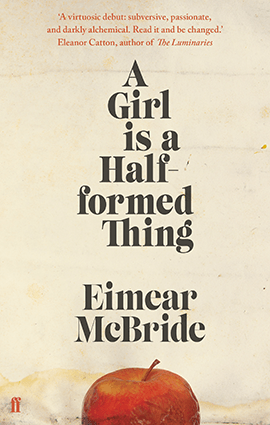
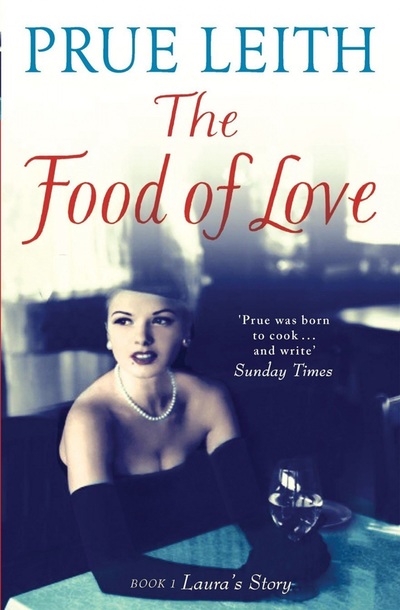
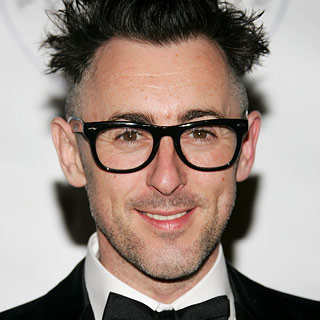
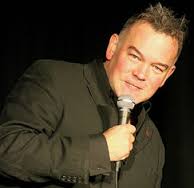
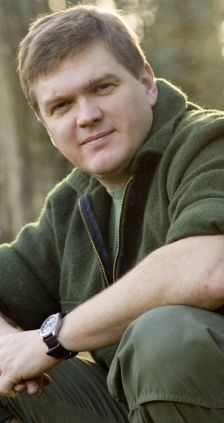
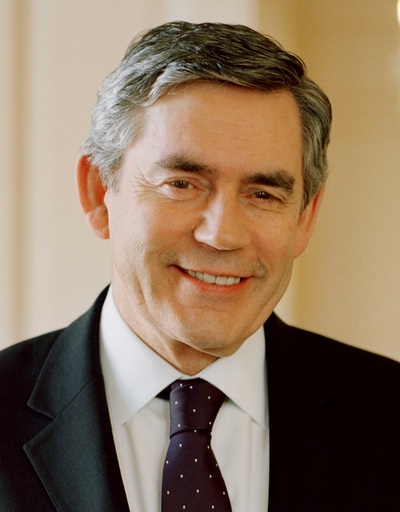
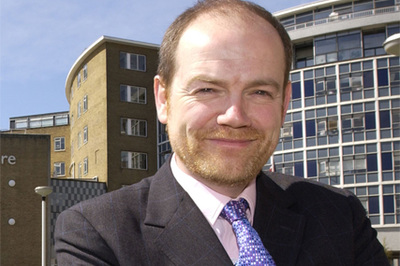
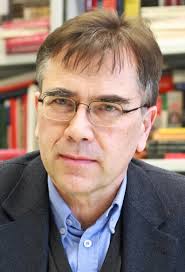
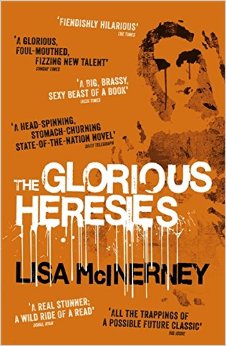

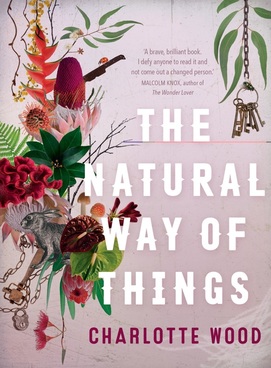


 RSS Feed
RSS Feed
